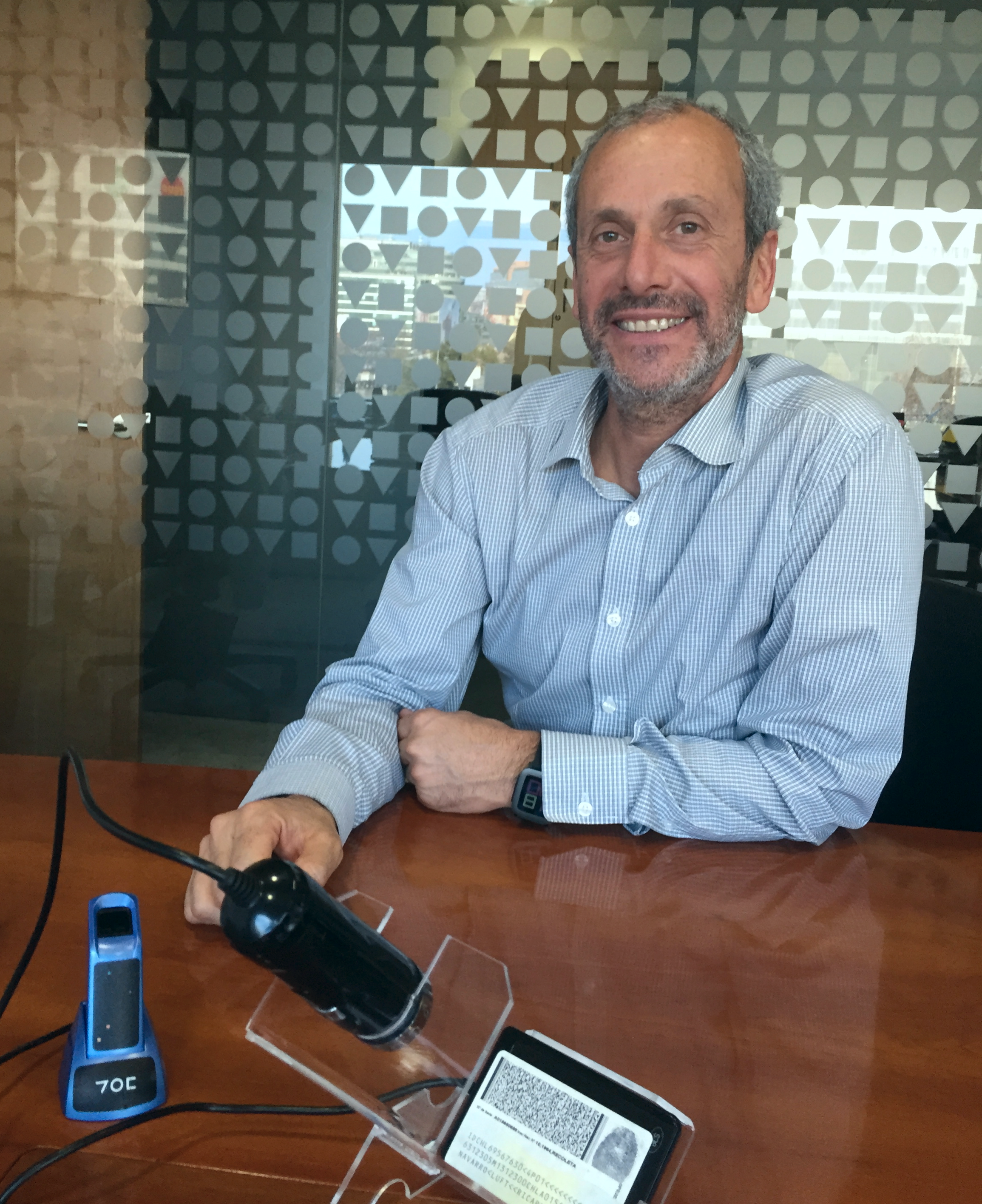“About 65% of homes in the center of Chile have limited or no access to hot water,” says Martin Vender Acevedo, CEO and Co-Founder of Best Energy, a B Corp start up in Santiago, Chile. “This year, we plan to tackle 3.3% of homes, installing solar panels in low income housing.” By installing solar panels, low-income communities are able to increase their overall health and gain extra cash through the sale of solar energy to the government. “The cool thing about being in this business is that we benefit the community in so many ways. At Best Energy, we measure the success of our company in the number of low-income housing installations, the amount of CO2 retained because of the use of solar energy over traditional means, and savings provided to low-income communities. We are truly making a difference.”
Today, Best Energy has installed solar panels on 3,000 houses with about 60-70% of their income coming from public housing. Each house saves 1 ton of CO2, and their revenue goals are directly linked to the tons of CO2 saved. By 2020, Best Energy hopes to have 50,000 clients, ultimately leading to 250,000 tons of CO2 retained and 65,500,000 USD in savings for low-income communities.
So if Best Energy is working with low-income communities, where exactly does the revenue come from? “The Chilean Government has incentive programs for low income communities which we utilize to create our installations,” explains Martin. For new houses, the government pays Best Energy to install the Project through developers. “These projects make up 60% of our revenues.” The rest of their revenues are from old houses in low-income communities. “For this type, the government pays us directly for each house we install a solar collector,” says Martin.
“My job as an entrepreneur and leader is to discuss the mission with my employees and customers. When my employees understand the impact each action makes on the community, it makes their jobs worthwhile,” says Martin. “They think I’m crazy because I don’t speak about money. For me, it’s all about the mission.” Martin grew up in a business-oriented family, and is an avid pilot and professional sailor. His B Corp score was 84 points in 2013 and scaled to 113 points during his recertification this year.






